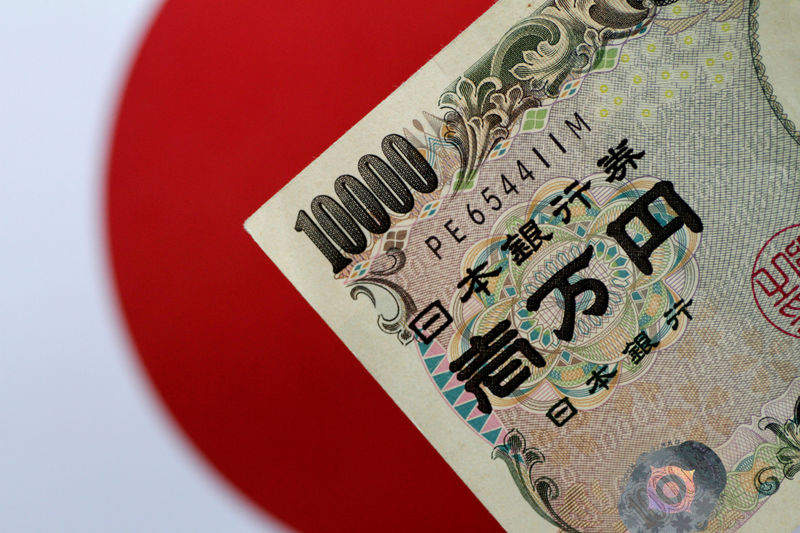Tariff Concerns and Global Developments Intensify Pressure on USD/JPY
The threats of new tariffs from the US are causing fluctuations in global markets, with the Japanese yen emerging as a significant winner. Known as a safe haven, the yen has risen to its highest level against the dollar in two weeks, leading to a decline in Treasury yields.
With US President-elect Donald Trump promising new taxes on Canada, Mexico, and China earlier this week, investors are curious about what the next target for the tariffs might be. The USD/JPY pair continues to trend downward following sales that began from the mid-month peak of 156.74. As the pair moves in favor of the yen, it has pulled back to the 151 range with a nearly 2% decrease since yesterday, marking the lowest level for USD/JPY in the past five weeks.
Important levels for USD/JPY The 149-151 level for USD/JPY is emerging as a key support line. A drop below this region could accelerate the downward momentum.
The dollar gained nearly 6% against the yen last month. The depreciation of the Japanese yen continued in the first half of November, while signs of a reversal began to appear in the second half of the month. Currently, the dollar has given back its November gains against the yen. During this process, news of a ceasefire and increasing expectations of a rate cut in December have put pressure on the dollar.
Factors Pressuring the Dollar According to Swissquote Bank analyst Ipek Özkardeşkaya, the reduction in safe haven demand following the ceasefire news between Israel and Hezbollah has led to a decline in the dollar. Additionally, the increased expectation of a new rate cut in December following the release of the Federal Reserve's latest meeting minutes on Tuesday has also diminished demand for the dollar.
In a research note published by Özkardeşkaya, it is noted that markets are sensitive to developments such as ceasefires and rate cuts. The dollar's reaction to these developments may prompt investors to reassess their current strategies.


